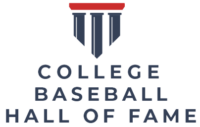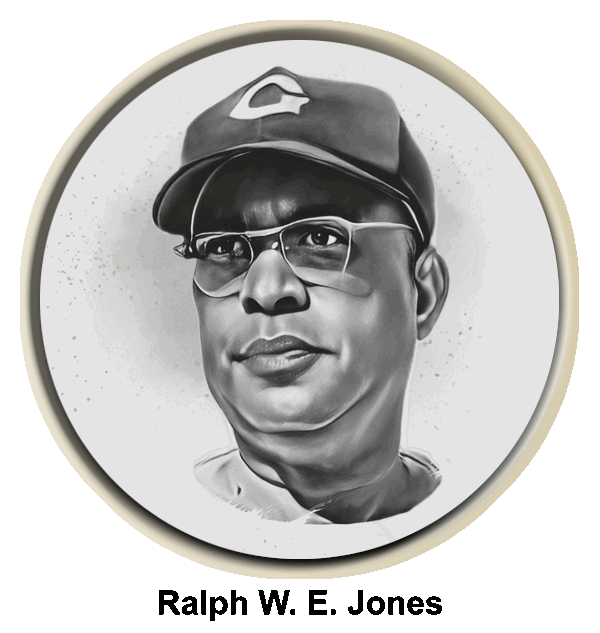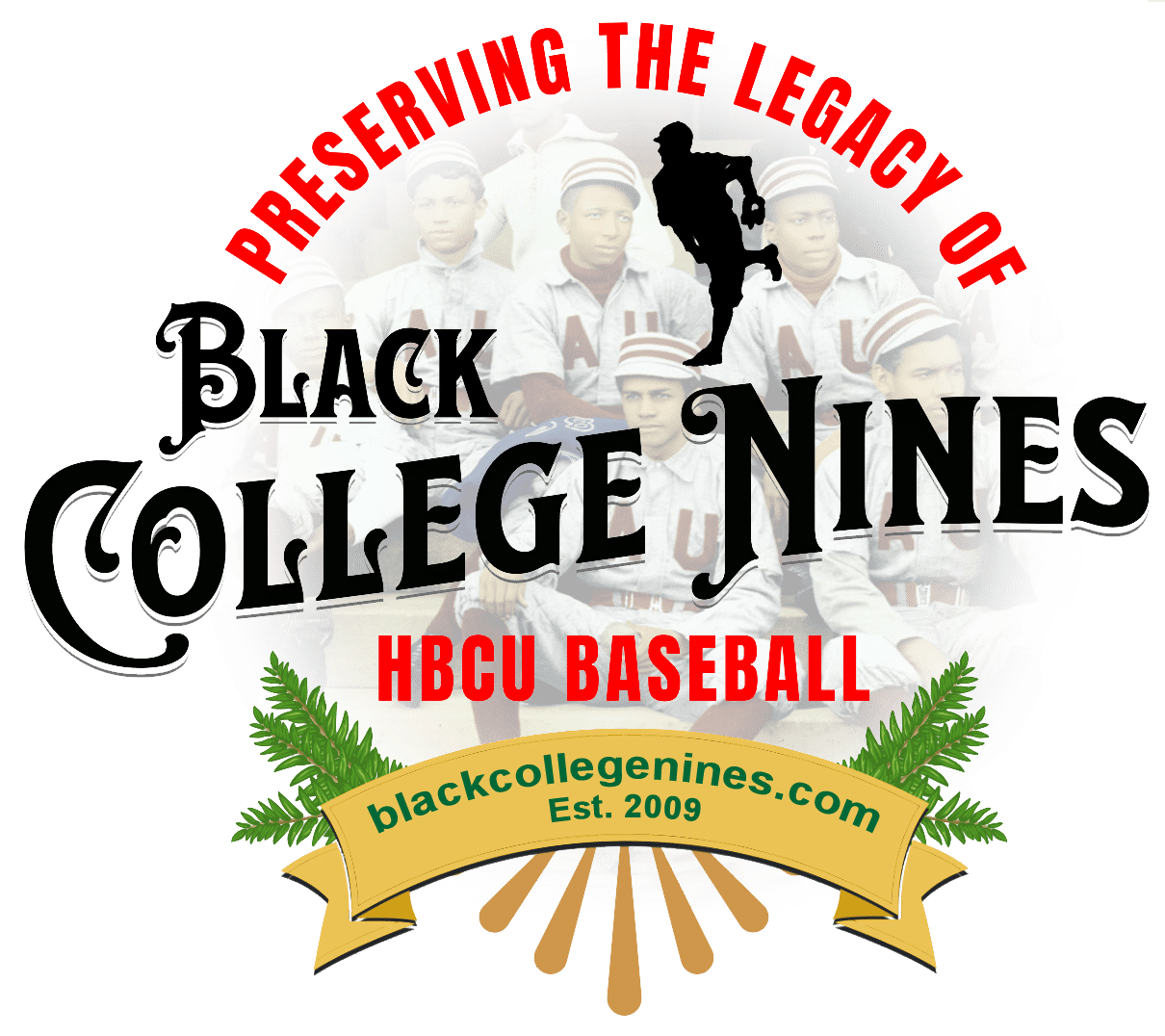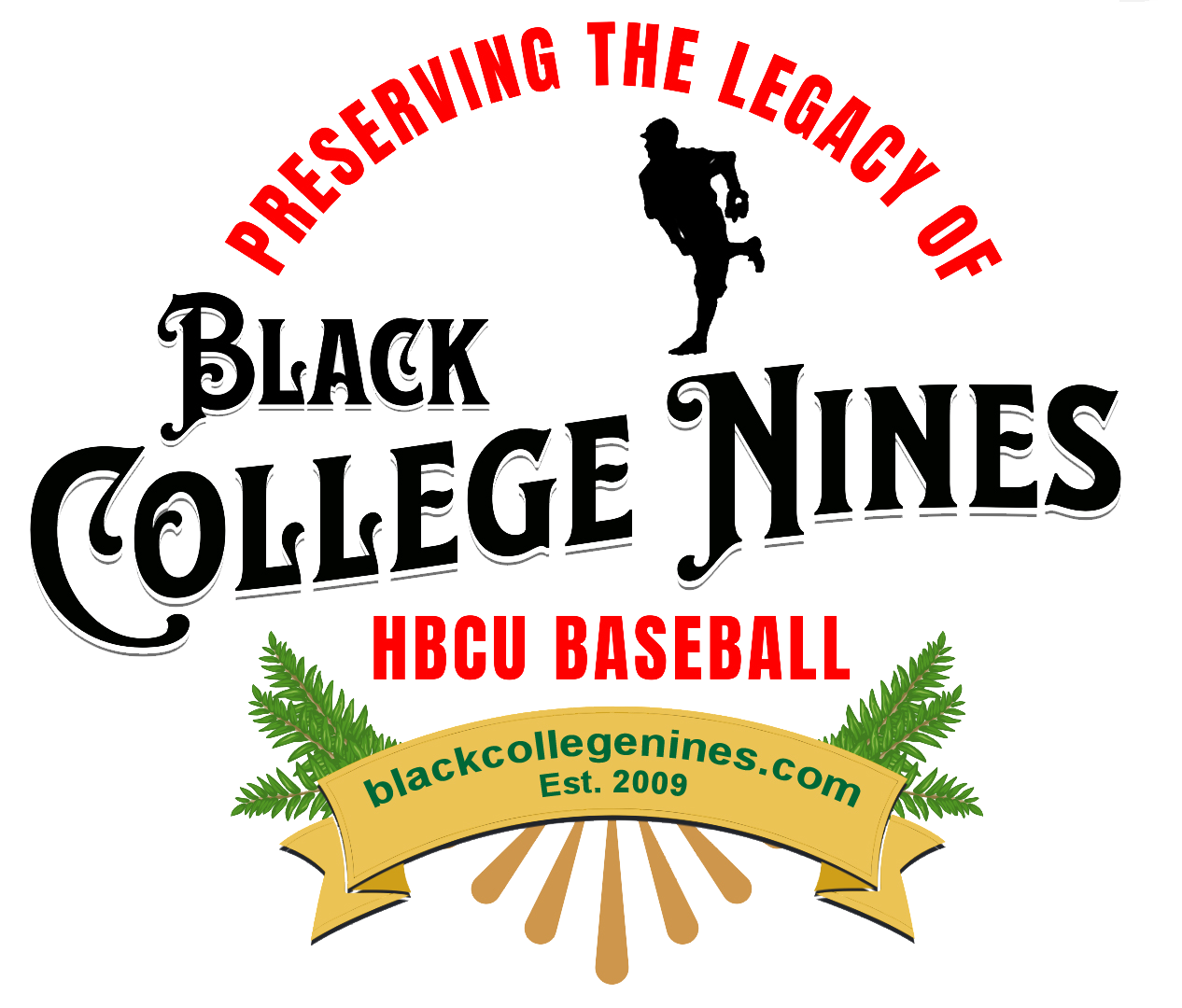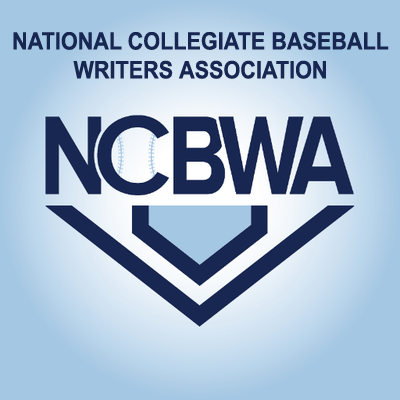 Ventress native Roger Cador added another distinction to an already extensive résumé.
Ventress native Roger Cador added another distinction to an already extensive résumé.
He’s now a Hall of Famer.
The former Southern University baseball coach, whose leadership turned an almost nonexistent program into an NCAA tournament mainstay, was inducted Feb. 3 into the College Baseball Hall of Fame in Omaha, Neb.
For Cador, who coached the Jaguars 17 years, the timing made it even better.
“Less than 1 percent of the people in college baseball get inducted, so to get this award five years after retiring was a very special honor,” he said.
“There’s a backlog of people waiting to go in and, and it usually take 10 or 12 years,” Cador said. “Many others don’t get in until after they’ve died.”
His induction coincided with the induction of his former player Ricky Weeks, a second baseman for the Milwaukee Brewers, Seattle Mariners, Arizona Diamond Backs and Tampa Bay Devil Rays.
Cador compiled a 913-597-1 record in 33 seasons (1984-2017).
He built SU into one of the most successful Historically Black College/University (HBCU) programs in the nation.
Under his leadership, the Jaguars captured HBCU national championships in 2003 and 2005, 14 Southwestern Athletic Conference (SWAC) championships and made 11 NCAA tournament appearances, including the first win in an NCAA regional by an HBCU program.
He is a 13-time SWAC Coach of the Year, producing 10 All-Americans and 62 drafted players.
Cador played for Southern from 1970 to 1973 and is a member of the SWAC Hall of Fame and Louisiana Sports Hall of Fame.
Within four years as head coach, the Jaguars made history in a classic “David vs. Goliath” scenario that remains one of Cador’s favorite moments.
The Jaguars reached the South Regional of the NCAA Baseball Tournament, which pit SU against No. 2-ranked Cal-State Fullerton.
Cador worked relief pitcher Alan Ratcliffe nine innings to upset CSF 2-1.
The victory came after then-Baton Rouge sportscaster Knox Nunally said on a newscast “It would be a cold day in the desert before Southern beats Cal-State Fullerton”
The lesson from that victory extended far beyond the ballpark, Cador said.
“It was a good lesson for people that you don’t need a lot of material wealth to work with – we had nothing,” he said.
“We worked at it, we didn’t complain, and we took advantage of whatever opportunities we could and got good players, and that’s what was most important at the end of the day – getting good kids.”
Cador built those accomplishments after he inherited Southern’s barebone baseball program in August 1984.
“When I took this job, my wife and I just sat down and I said, ‘I don’t have a lot to work with,'” he said in a 2012 interview with The Banner. “She told me I had a lot of friends.”
Cador contacted his friend Dusty Baker, who would lead the Houston Astros to the 2022 World Series win.
“In 1984, Dusty was the hitting coach with San Francisco, but he took me to Atlanta, and they gave me so much equipment I needed a U-Haul,” he said. “The Braves put all this stuff on the floor and told me to take what I wanted.”
Cador also inherited Lee Hines Field, which barely qualified as a ballpark at the time. From rickety wooden bleachers to a backstop that consisted of 2-by-4s and wire, Cador faced an uphill battle.
“At one time we had no field to practice on, but we managed, and it taught our players how to be successful,” he said.
“Martin Luther King dreamed and made the world a better place – and I wanted my players to do the same.”
At 14, Cador had a different dream – education. His childhood consisted of little play and much work.
As the son of a sharecropper, Cador could only attend school in winter because of the demands from field labor.
By the time he reached 14, he wanted a change.
“I convinced my dad I needed to go to school,” Cador said. “It’s a scar knowing you’re ill-equipped in terms of education.”
He graduated in 1969 from Rosenwald High School in New Roads, and attended Southern University on a basketball scholarship.
He landed the scholarship four years after then-Rosenwald coach Roosevelt Collins cut him from the basketball roster.
Cador didn’t take “no” for an answer.
“I came back the next day and the next day until he finally took me back,” Cador said.
“He later told me that if I wouldn’t have stood his ground, it would have denied kids all over the world to get opportunities.”
As a baseball coach, Cador used his “against all odds” approach to motivate his players on the academic field.
The 80 percent graduation rate of his players brings him more pride than the success on the diamond.
Many of his players came from inner-city areas neighborhoods in Atlanta, Chicago, Detroit and Houston.
“I got them out of there and convinced their parents – particularly their mothers – that I could forge a better way for their kids,” he said. “They trusted me and hopefully I delivered on my promises.”
He also opened the doors for many who could not get opportunities at larger schools.
Cador also fielded Cody Hall, the first white player to be drafted from an HBCU into the Major Leagues.
“Our program didn’t just take players because they were white – we took them because they were good players,” he said. “We were all about opportunity.”
Cador takes pride in players who used his program as a springboard to find success once they finished college.
“I had more people come out of my program who became doctors, lawyers and engineers,” he said. “I told they needed to graduate and find a career because very few college players go pro.
“Those are the people I’m so proud of because they’re husbands, fathers and taxpayers who are making the community better – and that’s what really makes America great,” Cador said.
Also included in the 2022 class are former Brown infielder and 1974 Sporting News College Baseball Player of the Year Bill Almon, former Michigan All-American and Big Ten Player of the Year Casey Close, two-time NAIA national champion coach Ken Dugan of Lipscomb College, eight-time College World Series umpire Jim Garman, Condredge Holloway, the first African-American member of the University of Tennessee baseball program, Southern California All-American and Mount San Antonio head coach Art Mazmanian and 1988 NCAA Division III Player of the Year Ken Ritter from North Central College.
Article Courtesy of Plaquemine Post South (LA)

